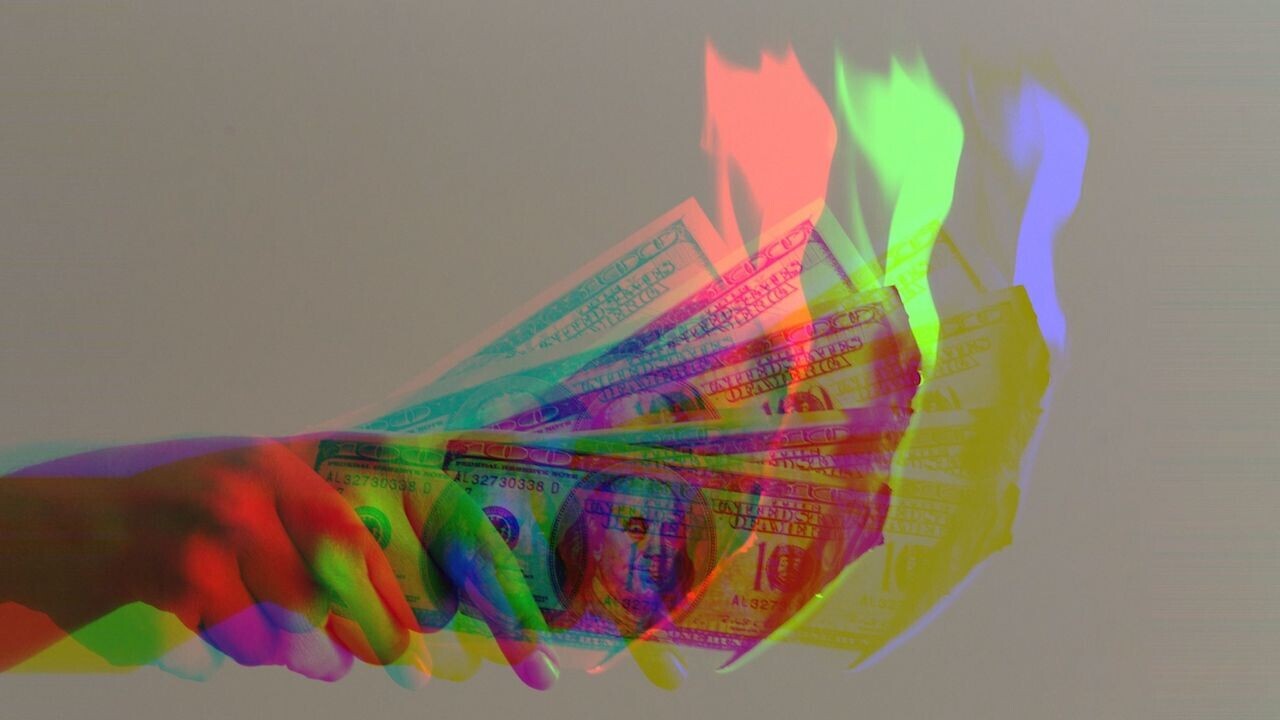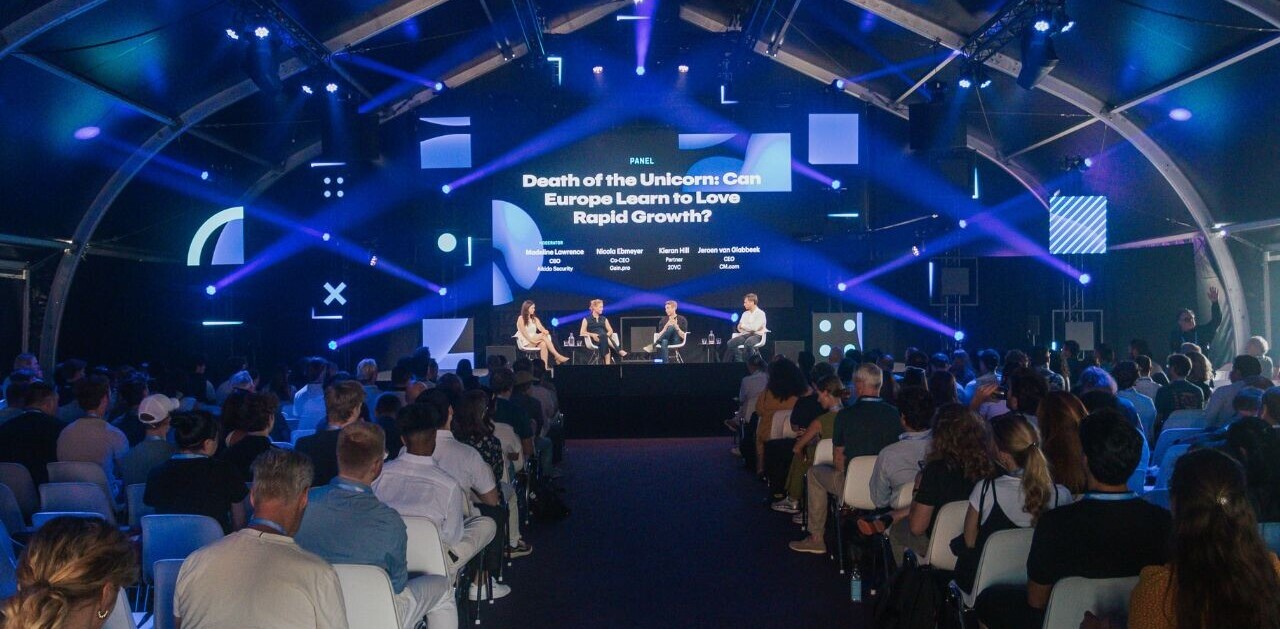
Joan Westenberg is an award winning Australian contemporary writer, designer and creative director. She’s the founder of branding and advertising firm Studio Self and was named one of the leading startup voices in Australia by SmartCompany.
The internet — and now Web3 — has created an environment where anyone can share their creations with people worldwide. Digital technology has also enabled professionals to work remotely without being tied down by an office job.
The creator economy encompasses the new generation of creators and innovators who are not limited by the 9–5. This trend has been emerging for years, but it’s only recently been given a name.
It’s an economy where creative entrepreneurs can work from anywhere they please, regardless of whether they’re employed by someone else, freelancing, or running their own business. With the rise in creative entrepreneurship, many creative professionals choose to become self-employed or find freelance opportunities instead of working for one company every day.
Increasingly, people want to work on their terms and live their lives outside of how society tells them they should and outside of systems that no longer serve individuals. A universal basic income (UBI) would give every person the opportunity to be a creator and support themselves.
These days, you can go on YouTube to get some great tutorials on making an Ethereum application recording an album, or learning 3D modeling with websites such as Sketchfab. This creates entirely new avenues for creative and entrepreneurial expression.
The creator economy is a concept that revolves around people becoming entrepreneurs, creating their work, and producing their goods and services. The idea is growing and is reshaping the ways we spend our time and is already seen as an alternative to the welfare system for the well-off and an answer to the growing unemployment problem for the developing world.
A vital feature of the creator economy is that it allows people to work for themselves, with no strict deadlines, no bosses to answer to, and no rigid rules on how much time they’re allowed to spend working on their work.
For investors, businesses and platforms, the creator economy is a massive opportunity, estimated to be worth at least $104.2 billion. But that value will shrink to nothing (aka Sweet Fuck All™️) if creators are too poor, too unstable, and too burned out to create.
Why does the creator economy need a UBI?
Employment opportunities are significantly shrinking, even in traditionally middle-class, high-income nations such as the United States. The vast majority of the world’s population is living in a system based on scarcity. We are also seeing more workers being replaced by automation. It is projected that by 2025, 47% of US jobs will be automated.
In a system based on scarcity, not everyone can get what they need. There is no way for creators to capitalize on their work, when there is no safe way to do so, without risking economic ruin.
More and more people are freelancing full- or part-time, with no safety net. The current iteration of the creator economy means there are no benefits, no health care, and no retirement plans available to these workers. Many live off their credit cards and pay for everything with cash.
This insecurity can be demoralizing and is one of the many reasons why many creators need a universal basic income. UBI provides a sense of stability that allows freelancers to focus on their work without worrying about making ends meet. It also removes the stigma that comes with being unemployed or underemployed.
The benefits of a UBI
The universal basic income gives people access to economic security and freedom from worry about their economic survival. While this may sound similar to the “workless unemployment” that many people were worried about in the past, the promise of this economic model is so much more.
In this scenario, everyone can live their lives as they please and take as many jobs as they want (or none at all) in exchange for money. With no barriers, everyone would use their unique talents and skills to make money in the market. Imagine an entrepreneur who has a business idea but doesn’t know where to get the capital for it. In this case, UBI could mean that they don’t need to worry about that or the lack of job security that comes with starting a business.
How can we make the creator economy work?
The UBI could unlock our creativity and help creatives, in particular, become successful, both personally and professionally. In the 21st century, it is so easy for us to generate new ideas and be the creators of the future. For example, we can set up a website and begin to prototype ideas immediately before they are commercially available and without the pressure cooker of economic dependence. This allows us to work on our terms and pursue our passions.
It is a win-win situation: we get to do what we love and have a lot more time to pursue our passions, while our creations can help other people find their passions. The Universal Basic Income is a solution to the seemingly unstoppable job loss caused by advancing technology and will be an essential part of developing the ecosystem of the Creator Economy.
Many people are indeed struggling in the current economy. People who want to work on their terms but can’t make ends meet. People who want to make a difference but struggle to pay their rent. People who want to contribute to the economy but can’t find a job.
With increased access to technology and more free time on our hands, a growing movement is pushing for changes. Companies, unions, governments, and academics are working on policies to help make the economy more productive, accessible, and beneficial for all.
A universal basic income is a key to unlocking the true potential of the creator economy. People will be free to live and make as true independent artists. Individuals will have the freedom to make a difference in the world through their work.
This article was originally published on Joan Westenberg’s Medium page. You can read it here.
Get the TNW newsletter
Get the most important tech news in your inbox each week.





